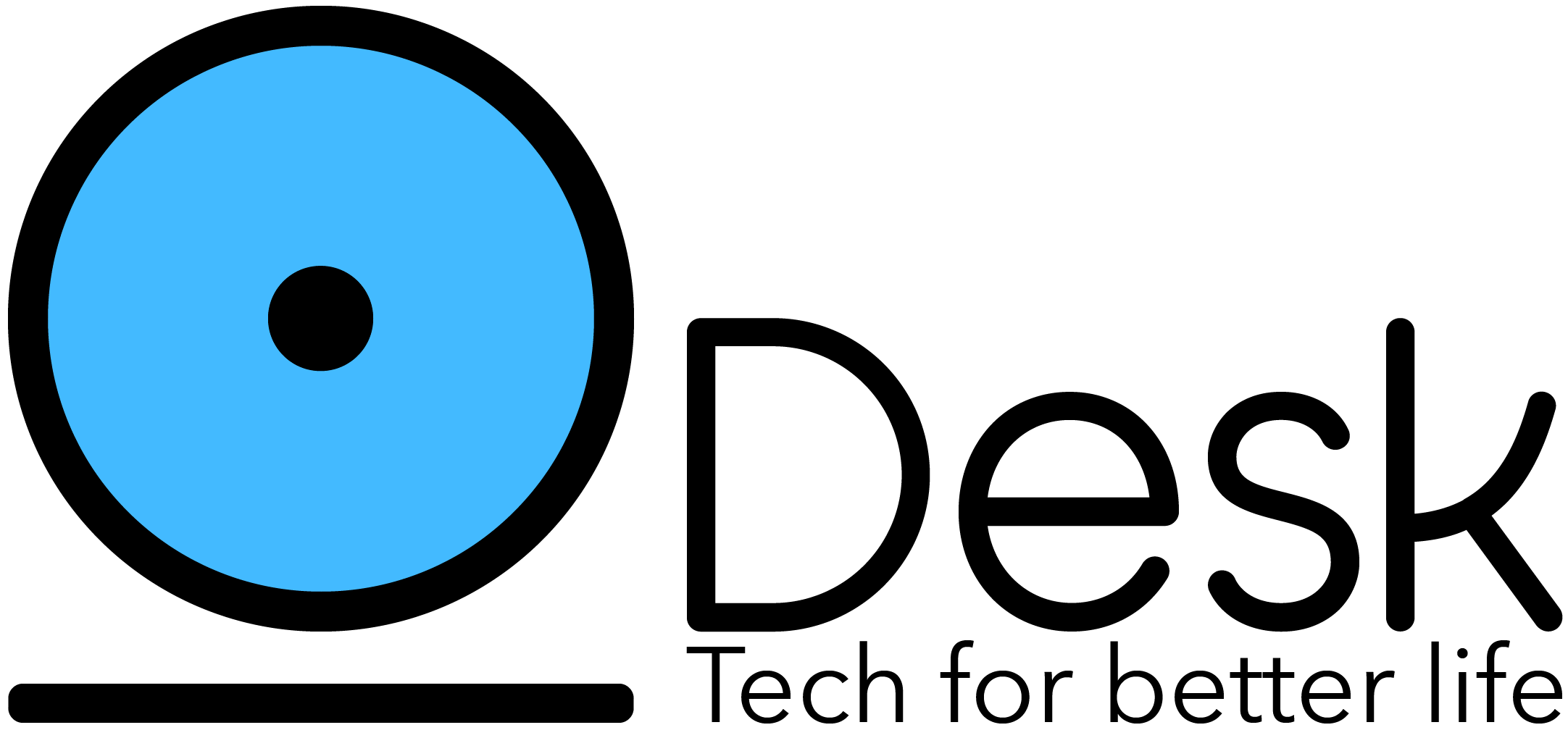CircleCI Adds to Salesforce CI/CD Orbs Collection
CircleCI today announced it has extended its CI/CD support for DevOps teams building applications that extend the software-as-a-service (SaaS) platform from Salesforce.
Company CEO Jim Rose said interest in building applications that complement the Salesforce platform is rising sharply in the wake of the economic downturn brought on by the COVID-19 pandemic. Rather than build entire applications from scratch, IT teams are advancing digital business transformation initiatives by leveraging the core suite of applications Salesforce makes available as a cloud service, he noted.
Many of those applications are built by professional developers that have embraced best DevOps practices, Rose said.
To reduce friction for those DevOps teams, CircleCI is now adding support for a Salesforce Apex orb. An orb is a set of pre-configured connectors that CircleCI makes available for its continuous integration/continuous delivery (CI/CD) platform. The company has created more than 1,600 CircleCI orbs. Salesforce Apex is a proprietary object-oriented language that Salesforce makes available to developers.
The Salesforce Apex orb automatically deploys changes to a production application, runs unit tests that are displayed using the Salesforce Platform user interface and tracks version control on commit.
CircleCI has also updated its existing Salesforce command-line interface (CLI) orb to tighten integration.

Rose said that as the pace of application development continues to accelerate, more IT teams are applying best DevOps practices to how they build and deploy applications as part of an effort to make the whole organization more resilient to change. Others are simply looking to modernize existing DevOps workflows that currently run on legacy CI/CD platforms.
In either case, Rose said most end customers would prefer providers of CI/CD platforms to focus on making DevOps teams more efficient rather than moving into adjacent market segments to increase the size of their total addressable market. Those latter strategies are, in many cases, trying to drive consolidation of the overall DevOps market to woo potential investors rather than focusing on customer interests, he noted.
It’s too early to say how the DevOps platform wars will play out. The size of the overall market continues to expand as the rate at which mergers and acquisitions are occurring accelerates. Regardless of the outcome, more IT organizations are under pressure to deliver more robust software faster, said Rose, noting the Salesforce application developer community represents only one segment of that expansion.
Each organization will, of course, need to chart its own DevOps course. It’s not uncommon for different teams with the same organization to have standardized on multiple DevOps platforms. There may come a day when the need to reduce costs may force those organizations to rationalize DevOps platforms. However, as long as the rate at which high-quality software is delivered continues to improve, just as many organizations may conclude it’s just as well to leave something alone that doesn’t appear to be broken.
Source: devops






